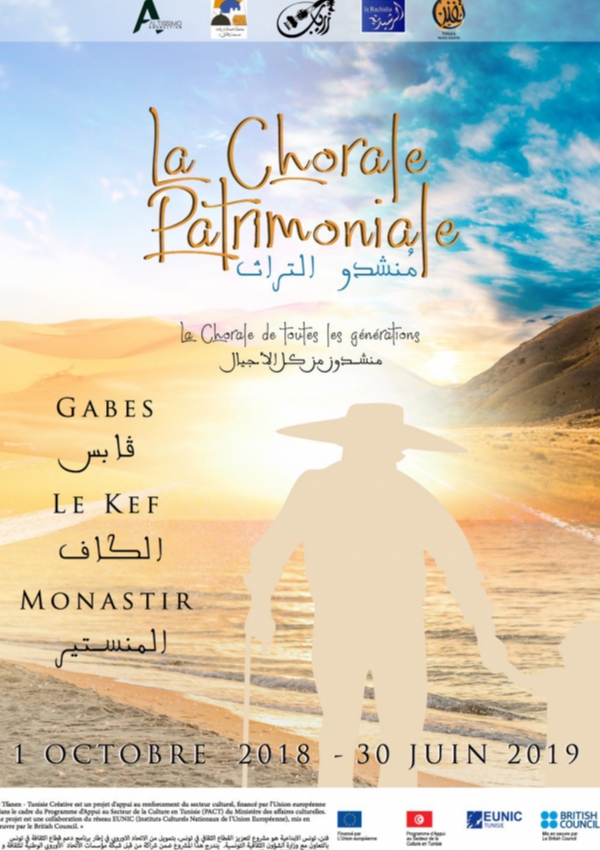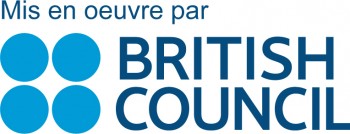
Project sheet
- Start: Monday 01 October 2018
- End: Sunday 30 June 2019
- Regions concerned: Gabes, Kef and Monastir
- Folders to download :
- Registration opening Gabes :
- Registration opening Kef :
- Registration opening Monastir :
Partitioners
Presentation of the Project :
This project working both on music and intangible cultural heritage consists of setting up a participatory mechanism for collecting, transmitting and thus perpetuating the regional musical heritage.
It is actually about collecting the musical heritage of the region not only from recognized and identified tradition bearers, but also, gradually, from citizens participating in the project with their children. The bi-monthly sessions organized, directed and supervised by specialists are open free of charge to families (children and parents together) and provide, in addition to the program established by the supervisors, a time space open to participants' proposals. A call to memory, individual then collective, to unearth songs - or even fragments of songs - rituals or accompaniments of everyday life, ranging from lullabies to wedding or work songs, is made. These sharing sessions made it possible to reconstitute a part of an endless enigma and transmit it to future generations, in a smooth participatory atmosphere, without excessive technical or artistic techniques despite the supervision provided by specialists.
This 9 months lasting project includes quarterly performances in the form of mini-concerts of the established heritage choirs, formed for the first time by several generations of singers, as well as monthly audiovisual archiving operations relating to the collected and repeated corpus. In addition to a final restitution concert, a collection of songs collected with testimonials about their functions and social conditions of practice (in ethnomusicological approach) will punctuate the end of the project.
The project set up as previously explained can help introduce new traditions of heritage practice, in addition to sharing family experiences around cultural practice.
Designed and monitored by Altissimo Consulting (www.altissimo.tn), this project is carried out as part of a pilot project in the regions of Gabes, Kef and Monastir, in partnership with La Société Zeryeb pour les Arts et la Culture (The Zeryeb Society for Arts and Culture), L’Association de Sauvegarde et de Développement de la Médina du Kef (The Safeguarding and Development Association of the Medina of Kef) and l’Institut de la Rachidia à Monastir (The Rachidia Institute in Monastir) as part of the Tfanen - Creative Tunisia Project funded by the European Union under the Ministry of Culture Program for Culture Support in Tunisia, implemented by the British Council on behalf of and with the collaboration of the EUNIC Network (European Union National Institutes for Culture).







